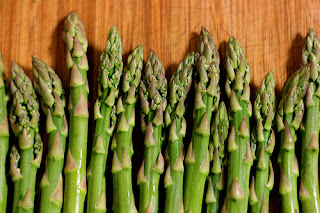Somethings good for your health is your knowlege about right food you can eat. to day you eat how many food and you don't know what is this, so I will let you find some wrong food combinations you should'n eat it's not the funny jokes.
Check out more topic food, drink, news,...
Wrong food combinations, foods can't be eaten together
Tell you more factoflife if you want to know
Bean curd and green onion
The combination of bean curd and green onions may affect the absorption of calcium. Bean curd contains plenty of nutrition like protein and calcium. But green onions contain a great deal of oxalic acid. When calcium meets oxalic acid, the calcium oxalate they form destroys calcium. If one eats bean curd mixed with green onions over a long time, it can lead to a lack of calcium causing spasms, osteomalacia and fractures.
Milk and chocolate
While milk is rich in protein and calcium, chocolate contains oxalic acid. Eaten together, the calcium from milk and the oxalic acid of chocolate can combine and form insoluble calcium oxalate, which is not only indigestible but also can cause diarrhea.
Lamb with vinegar
Vinegar and cold food should be matched, and lamb hot, not with vinegar.
Rabbit with mustard
Believe or not, there is a fact that the opposite sex should not taste the same food.
Milk and pomelo
The protein in milk can react with the fruit acids in pomelos and make one's stomach feel bloated. The acid can also over-stimulate the stomach and cause diarrhea.
Carrots and white radish
Radish vitamin C in the carrot will be destroyed in the decomposing enzyme.
Mutton and watermelon
Watermelon is a "cold" food. When taken together with mutton, the "heat," the nourishing effect of the mutton will be dramatically decreased. For those who suffer from asthenia of the spleen, it can harm their energy and upset the spleen and stomach.
Beef and chestnut
Beef and chestnuts are good for the stomach. However, chestnuts contains vitamin C, which can react with microelements in the beef and lessen the chestnuts' nutrition. The combination is not good for digestion and can cause dyspepsia.
Rabbit meat and eggs
When eating them together, it’s easy to produce substances which stimulate the gastrointestinal tract causing diarrhea.
Celery and cucumber
Believe it or not, celery and cucumber do not match. Celery in the decomposition of vitamin C will be destroyed, reduced nutritional value.















